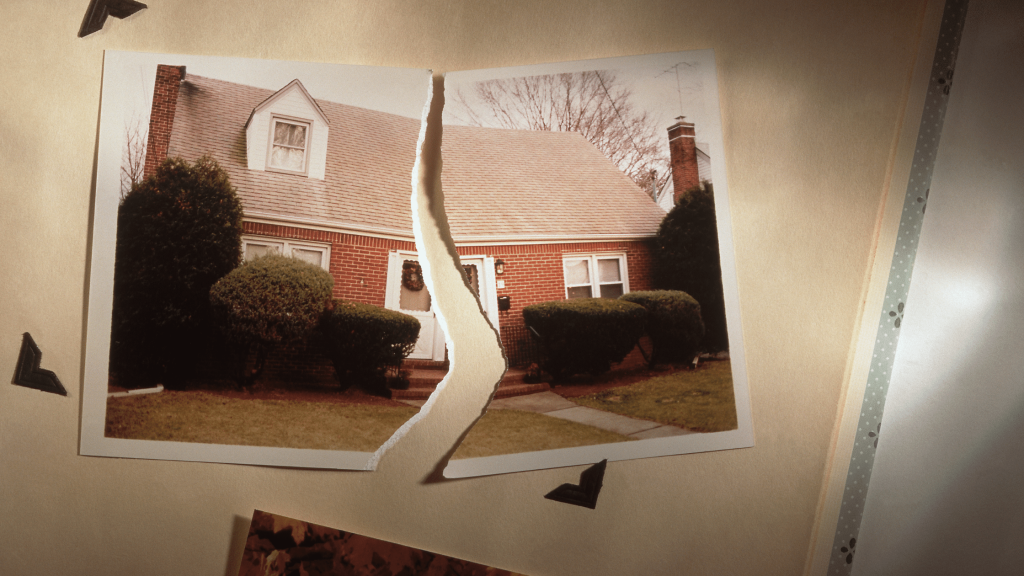If you’re getting divorced or separating from your partner, one of the biggest financial decisions to undertake is what will happen to the property you own.
Find out what options are available to you with McPartland & Sons guide to your family home.
Understanding how the home can be divided in Northern Ireland
When you divorce or separate, you have a few options about what you do with the family home you live in.
The court will aim to divide shared property in a fair way that makes sure everyone’s needs are met. The Matrimonial Causes Order sets out the range of powers the court can use when deciding how to split assets.
They include:
- ordering the sale of a property
- transferring property from one spouse to the other (or to children)
- transferring property from a joint name to a sole name
- allowing a spouse or child to use the property up to a specified future date
- allowing a spouse or child to stay in the property for life or until a “trigger” event (e.g. when a spouse remarries).
Sorting out a Joint Mortgage
Many couples who divorce or separate have a joint mortgage. They tend to try to sort out the mortgage so that only one partner has their name on it. This will entirely depend on the couples’ financial circumstances.
The advantages of doing this are:
- The person whose name is taken off the mortgage should be able to borrow more to buy themselves a home than if their name was still on their ex-partner’s mortgage.
- The person who stays in the house doesn’t have to rely on their ex-partner for their mortgage.
- Both partners might be able to break the link that ties their credit files together. If you have a joint debt with your ex-partner – for example, a mortgage or a loan – your credit files are connected. That means how you manage your debts will affect your ex-partner if they apply for credit, and vice versa.
Rights to Property Where Children Are Involved
The issue of who gets the house when divorce or separation takes place becomes even more complicated when there are children involved. This needs to be handled with sensitivity ensuring their best interests are the priority.
The person considered to be the “primary caregiver”, that is, the person who looks after the children for most of the time gets to keep the family home. This is easier to implement if a separation agreement has already been established. If you and your spouse already live apart, but if you’re only just separating and have brought your children up together, who will get the home? In this case, it’s down to the parents to agree. If you and your spouse can’t decide, the court will decide based on what is best for the
Are you going through a separation or divorce and wondering what your rights are to the home?
You must seek professional legal advice to protect your interests and ensure you aren’t pushed out of your home when you have a legal right to stay. McPartland & Sons Solicitors is a specialist firm of experienced family solicitors in Northern Ireland. Find out how we can help with a free, no-obligation consultation.
Related Blogs:

